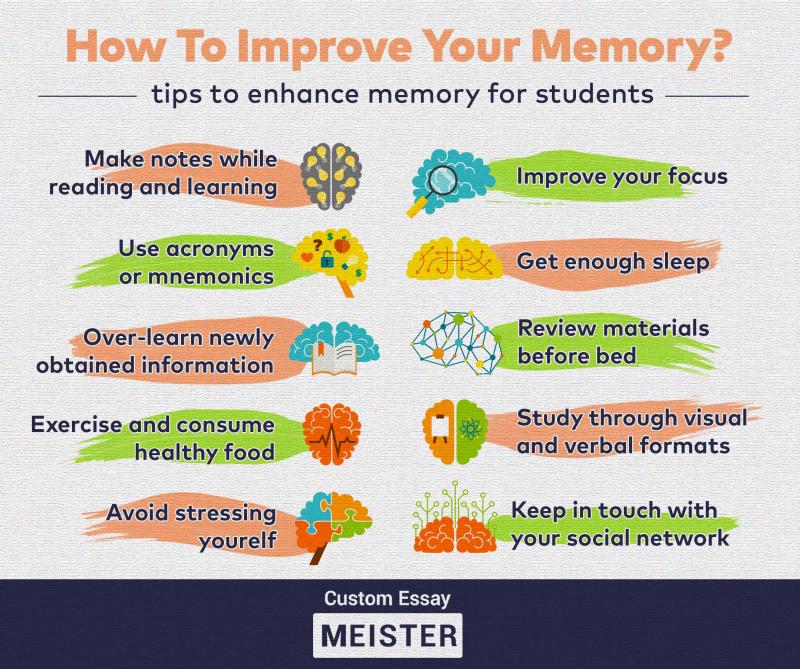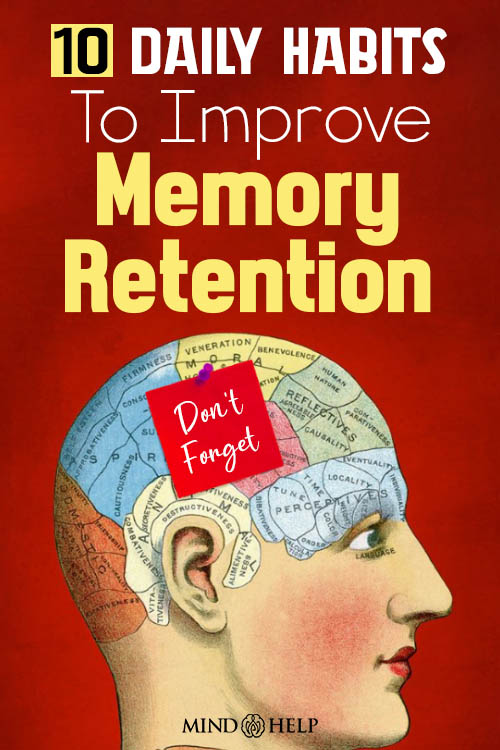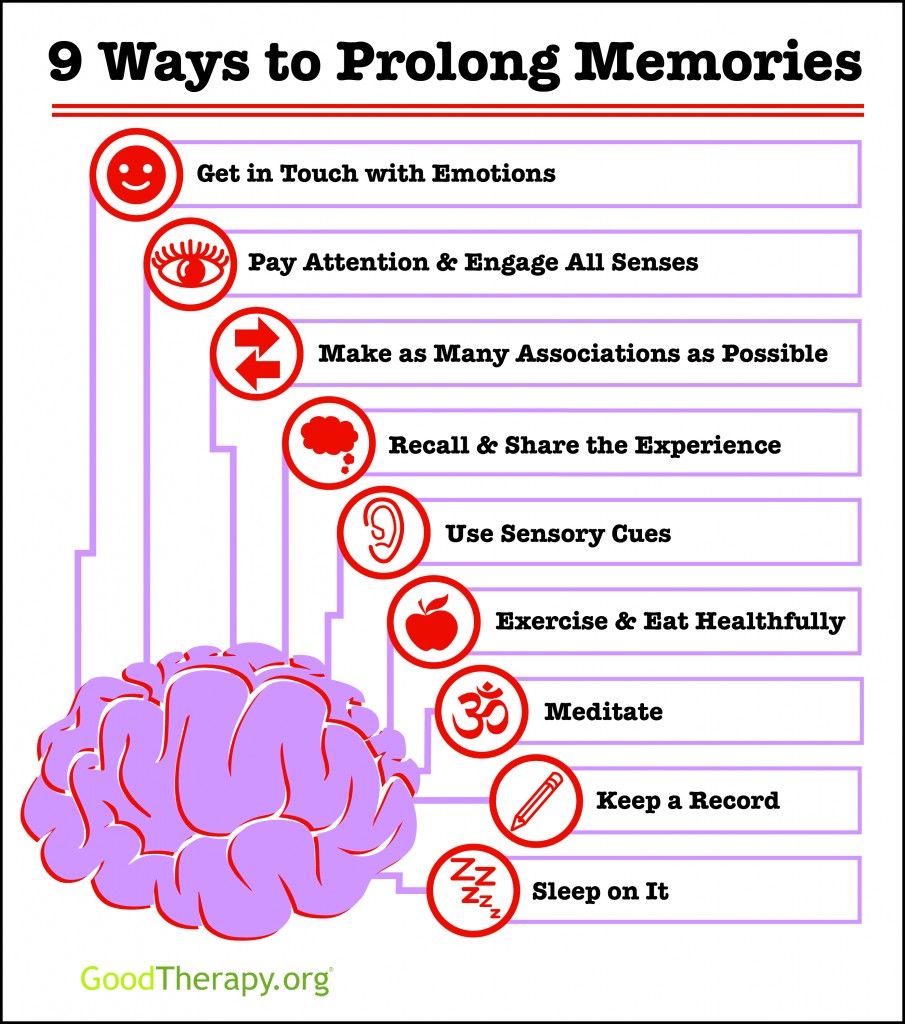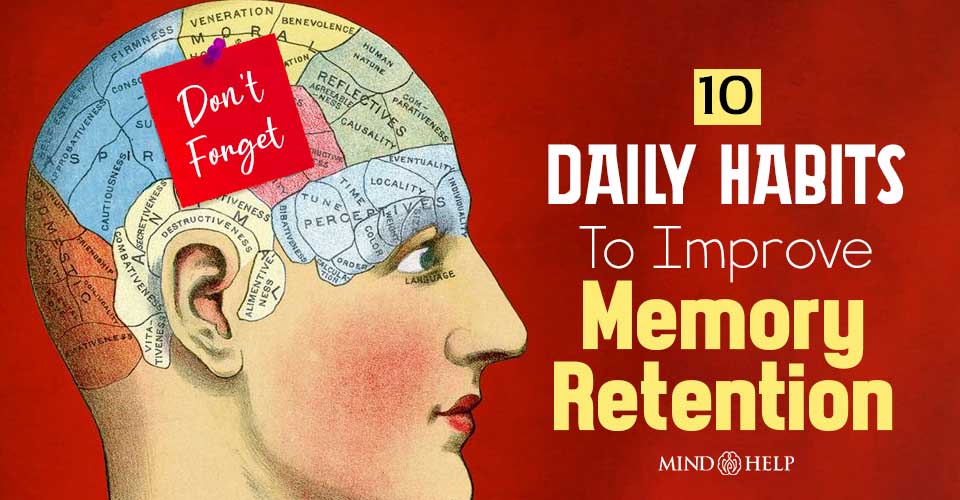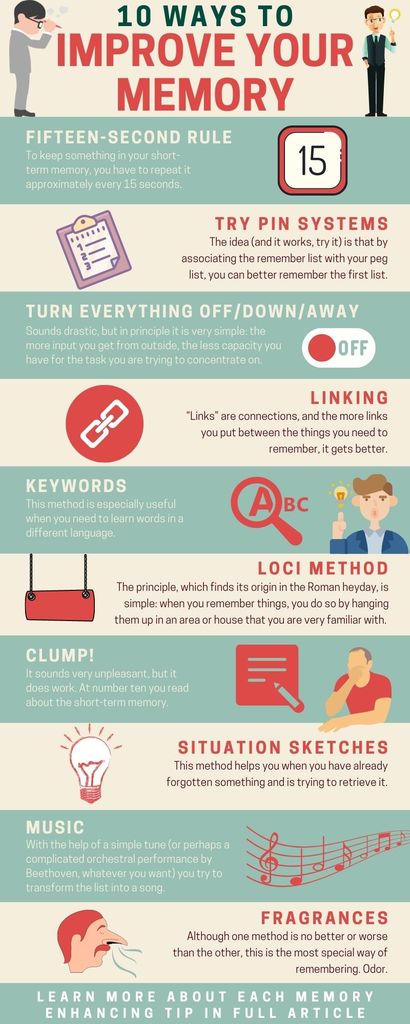How To Improve My Memory Retention
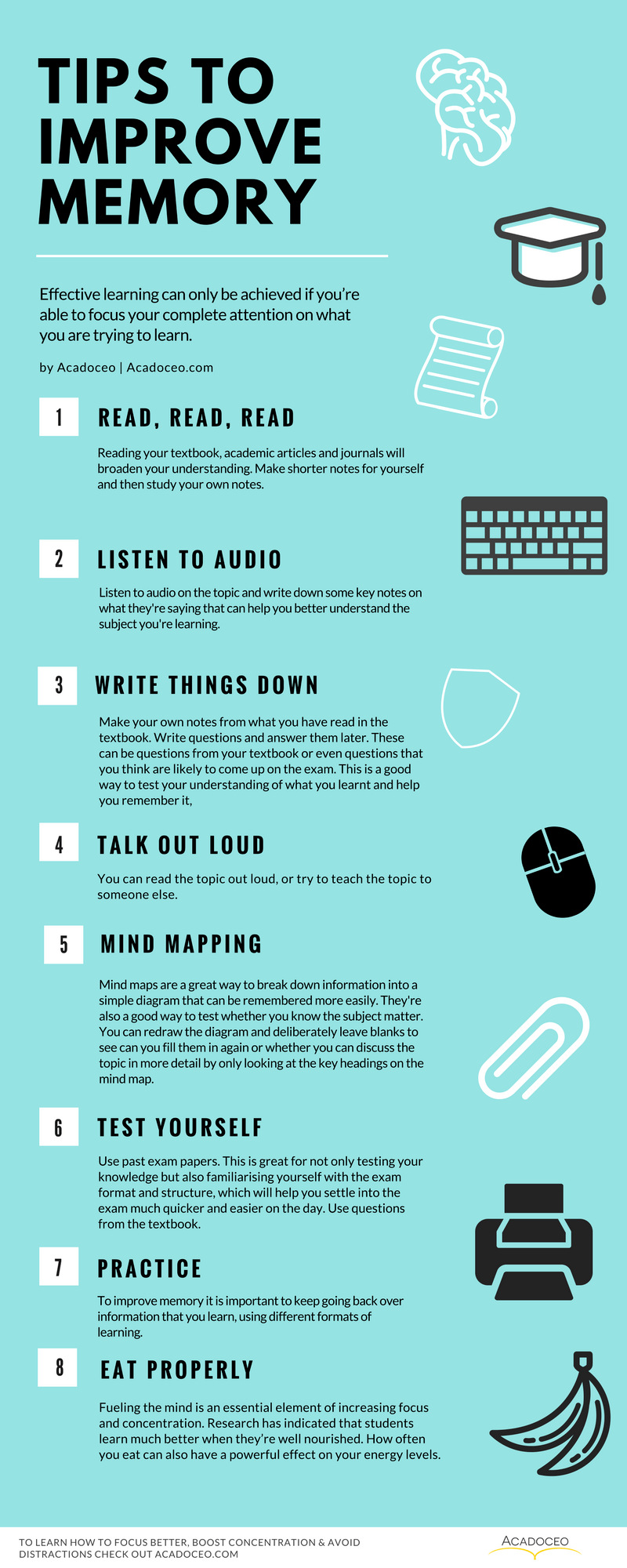
In an era defined by information overload, the ability to retain and recall memories is more crucial than ever. Students grapple with vast amounts of course material, professionals navigate complex projects, and individuals strive to maintain cognitive sharpness as they age. Forgetfulness can be frustrating and debilitating, but the good news is that memory retention is not a fixed trait.
This article delves into scientifically-backed strategies for enhancing memory retention, drawing upon research in cognitive psychology, neuroscience, and educational practices. We will explore techniques ranging from active recall and spaced repetition to lifestyle adjustments that promote optimal brain health. Understanding and implementing these strategies can empower individuals to unlock their memory potential and thrive in a world demanding constant learning and adaptation.
Understanding the Memory Process
Memory is not a single, monolithic entity but rather a complex system involving several stages. Encoding, the initial processing of information, is crucial for creating a lasting memory trace.
Storage refers to the maintenance of that information over time, and retrieval is the process of accessing and bringing that information back to conscious awareness. Each stage presents opportunities for improvement.
Active Recall: Testing Your Knowledge
Active recall involves retrieving information from memory without prompts. Unlike passive review, which simply re-exposes you to the material, active recall forces your brain to work harder to find the information.
This effort strengthens the neural pathways associated with that memory, making it easier to retrieve in the future. Studies have consistently shown that active recall is more effective than passive rereading for long-term retention.
Techniques like self-testing, flashcards, and the Feynman Technique are excellent ways to implement active recall.
Spaced Repetition: Timing is Everything
Spaced repetition is a learning technique that involves reviewing information at increasing intervals. Instead of cramming all your studying into one session, you revisit the material at strategically timed intervals.
This approach leverages the spacing effect, a cognitive phenomenon showing that learning is more effective when study sessions are spread out over time. Software like Anki and Quizlet can automate the spaced repetition process, optimizing review schedules based on your performance.
Elaboration and Association: Building Connections
Elaboration involves connecting new information to existing knowledge. The more meaningful connections you can create, the easier it will be to remember the new information.
This can involve explaining the information in your own words, drawing diagrams, or creating analogies. Association, another powerful technique, involves linking new information to vivid images, stories, or locations.
Mnemonic devices, such as acronyms and rhymes, can be helpful tools for association.
Lifestyle Factors Impacting Memory
Beyond specific learning techniques, lifestyle factors play a significant role in memory function. Getting enough sleep, maintaining a healthy diet, and exercising regularly are essential for optimal brain health.
Chronic stress can impair memory formation and retrieval, so it's important to manage stress through techniques like mindfulness meditation or yoga. Emerging research suggests that certain nutrients, such as omega-3 fatty acids and antioxidants, may also support cognitive function.
According to the Alzheimer's Association, engaging in mentally stimulating activities, such as puzzles, reading, and learning new skills, can help maintain cognitive sharpness and potentially delay the onset of cognitive decline.
Addressing Memory Concerns
While memory enhancement techniques can be beneficial, it's important to address underlying medical conditions that may contribute to memory problems. Certain medications, sleep disorders, and nutritional deficiencies can impair cognitive function.
If you are experiencing significant memory loss or difficulty with daily tasks, consult with a healthcare professional to rule out any underlying medical issues. Early diagnosis and intervention are crucial for managing conditions like Alzheimer's disease and other forms of dementia.
The National Institute on Aging provides valuable resources and information about memory loss and age-related cognitive changes.
The Future of Memory Enhancement
Research into memory enhancement is an ongoing and rapidly evolving field. Scientists are exploring pharmacological interventions, such as nootropics, as well as non-invasive brain stimulation techniques to improve cognitive function.
While these interventions hold promise, they are not without risks and should be approached with caution. The most effective and sustainable approach to improving memory retention involves a combination of evidence-based learning techniques and healthy lifestyle choices.
By adopting these strategies, individuals can take control of their cognitive abilities and unlock their full memory potential, paving the way for lifelong learning and success in an increasingly complex world.
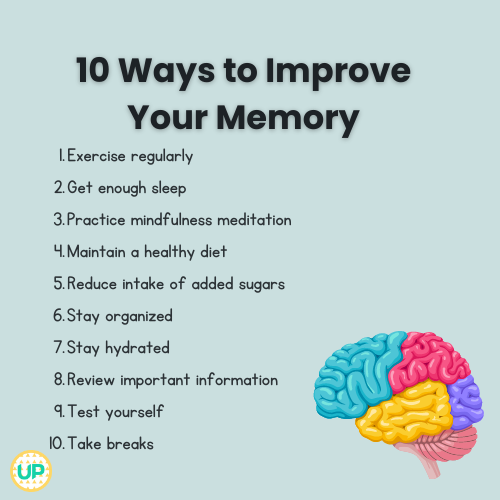.png?format=1000w)




